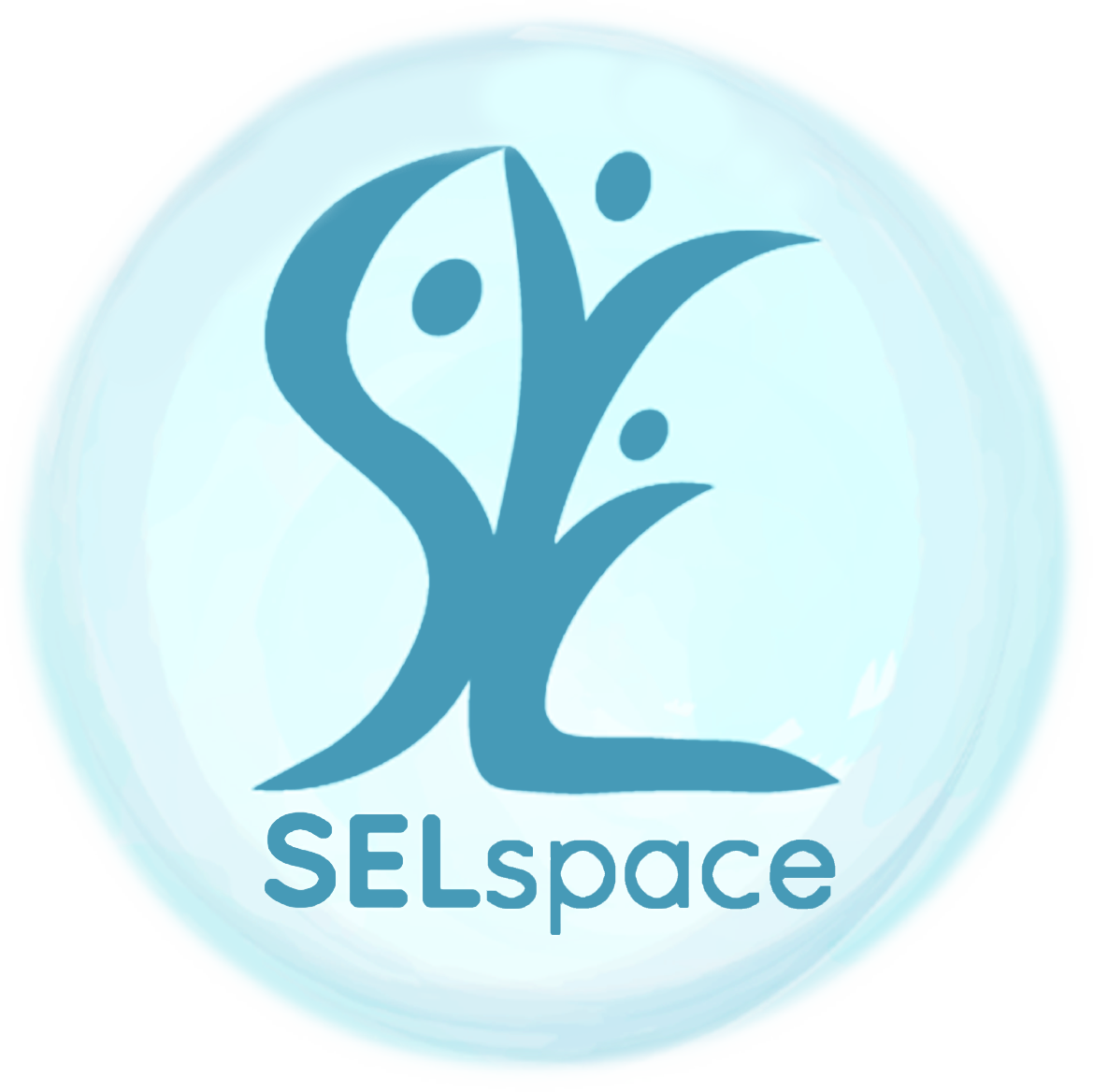What is Social Emotional Learning?
According to CASEL (Collaborative for Academic, Social, and Emotional Learning), Social and Emotional Learning (SEL) is a proactive and preventative process through which children and adults acquire and effectively apply the knowledge, attitudes, and skills necessary to understand and manage emotions, set and achieve positive goals, feel and show empathy for others, establish and maintain positive relationships, and make responsible decisions. It supports and promotes positive mental health and has been proven to reduce anxiety, addiction, and behavioural issues while increasing student performance as well as physical and emotional well-being.
CASEL claims that they often hear that educators don’t ‘have time’ for SEL because it’s something ‘new’, or it’s an ‘add-on’. After CASEL’s twenty-two years of defining, exploring, and implementing SEL in a variety of settings, it’s become increasingly clear, that SEL is far from an add-on but rather an essential part of good teaching practices.
CASEL
Approaches to Teaching SEL
If you are looking for a systematic framework for implementing and evaluating a SEL program, CASEL has extensive guides created for pre school to high school levels.

CASEL
Intergrated framework
CASEL’s integrated framework promotes five core competencies; Self Awareness, Social Awareness, Self-Management, Responsible Decision Making, and Relationship Skills.
All five competencies are woven throughout all seven SEL modules described in SELspace.

CASEL
Program Guides for SEL
Studies show that sustained and well-integrated social and emotional learning (SEL) engages students and improves achievement. Explore classroom practices that make up the most effective SEL programs.


